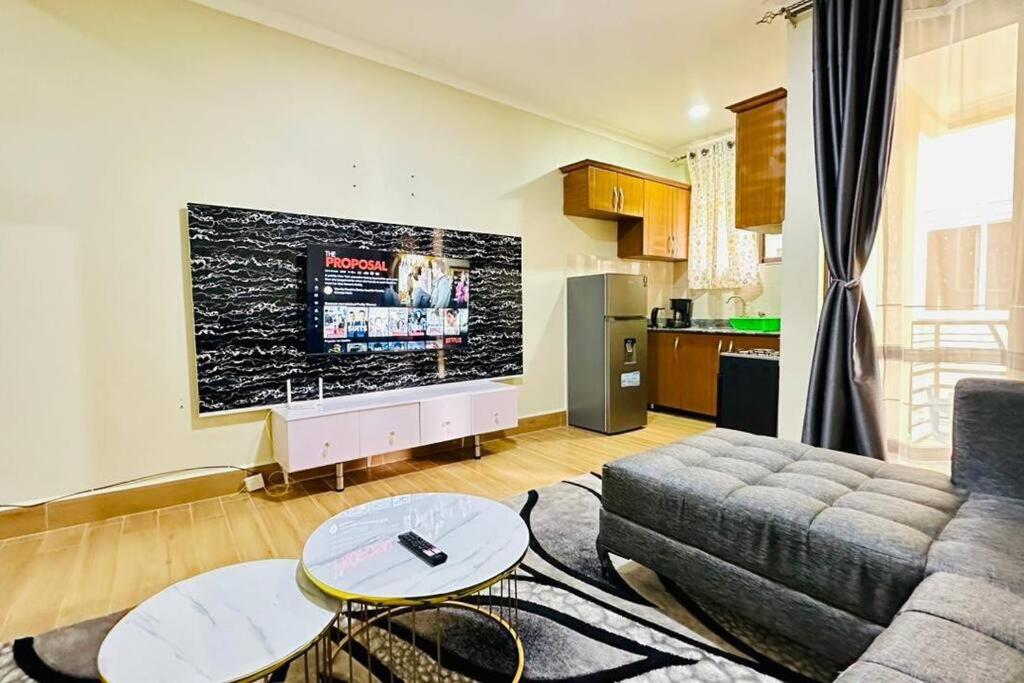
Renting a home is a significant commitment, especially in a dynamic real estate market like Uganda’s. While finding a place that fits your needs and budget is essential, it’s equally important to consider factors that go beyond the surface. Here are five crucial things to consider before paying rent in Uganda to ensure a smooth and hassle-free renting experience.
1. Additional Costs
When budgeting for rent, many tenants focus solely on the monthly rental amount. However, it’s important to recognize that renting often comes with additional costs. These costs can include utility bills (such as electricity, water, and garbage collection), service fees for communal areas, security fees, and maintenance charges. For instance, in some high-end apartments, you may be required to pay for security services separately, while in other cases, maintenance fees for common areas like gardens, parking lots, or swimming pools might be added to your monthly bill.
It’s vital to clarify these additional costs before signing the lease agreement. Knowing exactly what you’re expected to pay will help you avoid unpleasant surprises and manage your finances effectively. A thorough discussion with your landlord or property manager about what is included in the rent and what isn’t can save you from future financial strain.
2. Refund Terms
Security deposits are standard practice when renting a property, but getting your deposit back can sometimes be a challenge if the terms aren’t clear. Refund terms should be clearly outlined in the lease agreement, specifying the conditions under which you’ll receive your deposit back.
Ensure you understand the landlord’s expectations regarding the condition of the property upon vacating. Some landlords are strict about the property being returned in exactly the same condition, down to minor details like paintwork or fixtures. Others might deduct from the deposit for any perceived damage or even for general wear and tear. Understanding these terms will help you avoid disputes and ensure you get your deposit back without hassle.
It’s also wise to document the property’s condition when you move in, ideally with photos or a walkthrough with the landlord, so there’s clear evidence of the property’s state from the start. This can be invaluable when it comes to getting your deposit back.
3. Mitigation Process
Even in the best-maintained properties, issues can arise. Whether it’s a leaky faucet, a malfunctioning air conditioner, or a broken door lock, knowing how the landlord or property manager handles these situations is crucial. This is where the mitigation process comes into play.
A clear and effective mitigation process should be in place to address any issues that arise during your tenancy. Some landlords may respond quickly and efficiently, while others might be less reliable. Understanding the process for reporting issues and how quickly they’re typically resolved will give you an idea of what to expect if problems occur.
Ask the landlord or property manager about their policy for handling repairs and maintenance. Is there a dedicated maintenance team, or do they rely on external contractors? What is the typical response time for urgent repairs? Having these answers beforehand will help you avoid potential frustration later on.
4. Property Condition
The condition of the property you’re renting is perhaps one of the most critical factors to consider before making any payments. A thorough inspection of the property is essential to ensure that it meets your standards and is in good working order.
Start by checking the basics—water supply, electricity, plumbing, and overall cleanliness. Make sure that all fixtures and appliances are functioning properly. Look for any signs of damage, such as cracks in the walls, leaks, mold, or pests. These issues might seem minor at first but could become major inconveniences if left unaddressed.
Documenting the property’s condition before you move in is also important. Take photos or videos of any existing damages and share them with the landlord to ensure you’re not held responsible for issues that were present before your tenancy. This not only protects your security deposit but also sets a clear understanding between you and the landlord.
5. Reputation of the Landlord in the Community
The reputation of the landlord can significantly impact your renting experience. A landlord with a poor reputation might be unresponsive, difficult to deal with, or even dishonest. On the other hand, a landlord with a good reputation is more likely to be fair, reliable, and respectful.
Before signing a lease, take the time to research the landlord’s reputation within the community. Speak to current or previous tenants if possible, and ask about their experiences. Were they happy with how the landlord handled issues? Was the landlord respectful of their privacy and responsive to their needs?
In some cases, landlords may have a history of being troublesome, such as making unreasonable demands, delaying repairs, or attempting to impose unfair charges. Being aware of these potential red flags can help you avoid a difficult living situation.
By considering these five factors—additional costs, refund terms, mitigation processes, property condition, and landlord reputation—you can make a more informed decision when renting a property in Uganda. Taking the time to evaluate these aspects will not only protect your financial interests but also contribute to a more positive and stress-free renting experience.


